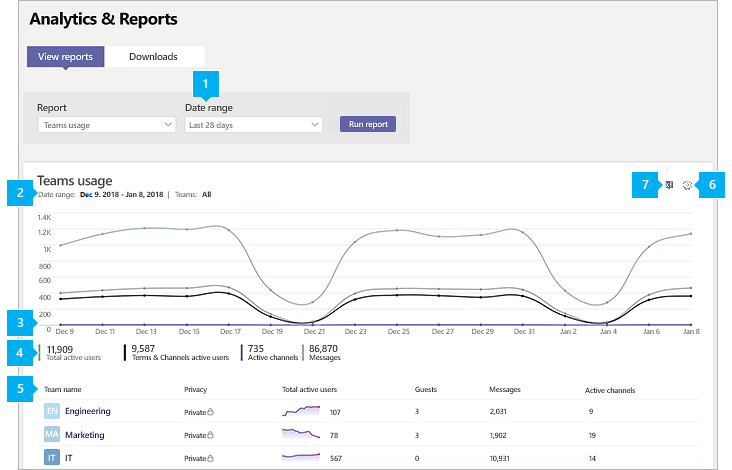The SmartAssistant is the world’s first AI-based collaboration tool to link internal and external messaging and chat in the Microsoft Teams.
What SmartAssistant™ Does to Your Microsoft Teams
SmartAssistant™ includes many enticing new features to connect email and Microsoft Teams conversations. harmon.ie will allow users to “Drag and Drop” emails and attachments from Outlook directly to a Teams channel. This saves the email to the Team’s mailbox and saves the attachments to the channel’s underlying files location (in SharePoint). Another feature includes the seamless Outlook/Teams transitions. After dragging and dropping content to a Teams channel, harmon.ie automatically launches the Teams app to that channel, so users can continue the conversation in Teams.
For the first time, harmon.ie supports “in-place” record management out of the box; when uploading emails and attachments to Teams, emails are saved in Exchange and attachments/documents are saved in SharePoint.
Automatic Team alerts from harmon.ie notifies team members when new email and attachment additions have been added to a conversation by posting the update in an Adaptive Card within the conversation.
Recommended: TecHR Interview with Chris Johnston, Founder and CEO at Adoreboard
Most Unique Collaboration Feature — Descriptive Labels
When copying emails and attachments to Teams channels, users are prompted to apply harmon.ie’s unique ‘Descriptive Labels;’ these labels describe the contents of emails and documents. Descriptive Labels use existing SharePoint metadata for documents and are used to apply the ‘metadata’ properties to emails in Exchange. With Descriptive Labels, related emails and attachments remain connected even though they are stored in different repositories. Descriptive Labels are also handy for quickly searching for related content.
harmon.ie “Teams” Outlook tab: displays all emails and attachments copied to Teams, directly in the Outlook sidebar. Users can then:
- Display emails and attachments previously added to the conversation from harmon.ie
- Filter the list of emails by the team, channel, or descriptive labels
- View and edit emails and attachments using their native app (e.g. Word, PowerPoint, Excel).
- Notify team members about a saved email and/or attachment
- Display favorite Teams and channels directly in the harmon.ie “Favorites” view
The Teams is Microsoft’s Most Successful Business App

Currently, harmon.ie delivers information in an intelligent way and unlock the full power of Microsoft Teams and Office 365. Its flagship solution breaks down data silos from Office 365 apps by grouping information using Descriptive Labels. Supported by cognitive science and powered by machine learning, harmon.ie’s SmartAssistant helps organizations bring together all their information and improve productivity. The company is a Microsoft Partner and App of the Year Finalist.
Read Also: What is Recruitment Management System (RMS)?

